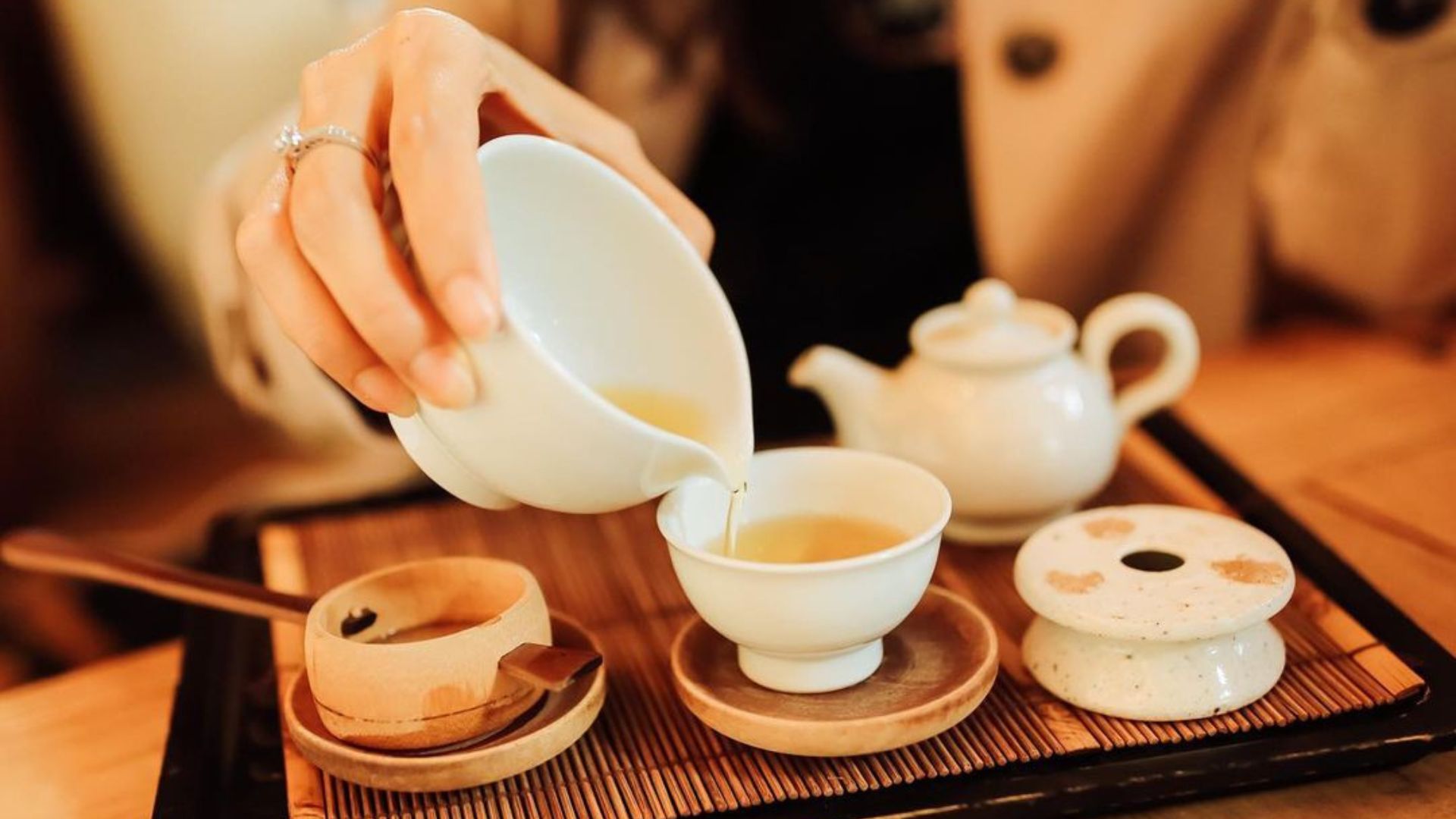Beverages have always been a part of people’s culture, appreciated for their flavors and the satisfaction they provide. In every cuisine, there are unique beverages that reflect different cultures. For both special occasions and daily routines, various types of beverages are consumed depending on their purpose.
In Korea, traditional teas are enjoyed for their various health benefits and distinct taste, which soothe both mind and body. Beyond being a mere beverage, tea is valued as a cultural experience. That’s why one of the things you shouldn’t miss when visiting Korea is immersing yourself in its rich tea culture.
Here are some facts about Korean tea culture that you might find interesting:
1. There Are Different Types Of Korean Tea

If you have the chance to visit Korea, you can enjoy a variety of teas. The most popular type is nokcha, or green tea, known for its refreshing and delicate flavor. Daejak, or fermented tea, is a strong tea with a rich, earthy taste and is typically consumed in cold weather. Meanwhile, herbal teas may include those mixed with jujube, ginger, or persimmon leaves, each offering distinct flavors and specific health benefits.
2. Korean Teas Are Graded Based On The Leaves’ Quality And Timing Of Harvest
These grades reflect the flavor and characteristics of the tea based on how it was produced. The highest grade is Ujeong, or the First Flush, which includes tea made from the most tender leaves, resulting in a fresh and subtle taste with high-quality flavors. The Second Flush, or Sejak, is made from slightly more mature leaves, creating a balanced flavor between young and mature leaves. Finally, the Jungjak, or Third Flush, is tea harvested later, producing a stronger taste and deeper flavors. Knowing this can help you select a tea that matches your taste preferences!
3. Koreans Hold A Traditional Tea Ceremony (Called Dado)

Drinking tea in Korea is often associated with a ceremonial tea culture. The process of preparing and participating in a tea ceremony is known as Dado. It involves selecting the finest tea leaves, measuring the precise amount needed, and using the correct temperature to brew it, ensuring that the tea’s full flavor and aroma are produced.
Each step is performed with gracefulness, and Dado emphasizes mindfulness, making it a good practice for meditation. The ceremony is typically led by a host wearing a hanbok, Korea’s traditional clothing.
4. Tea Has A Significant Role In Korean History And Culture
As mentioned, drinking tea is more than just an experience. Historically, tea ceremonies represented relationships and respect between individuals. Even among country leaders, formal tea drinking was a way to gain trust and establish alliances, reflecting values of hospitality and mutual agreement important in Korean politics and culture.
Although tea is less popular today compared to coffee, especially among younger generations, it still offers enjoyable flavors and represents valuable aspects of Korean culture. Therefore, experiencing tea should be on your to-do list during your first visit to Korea.







